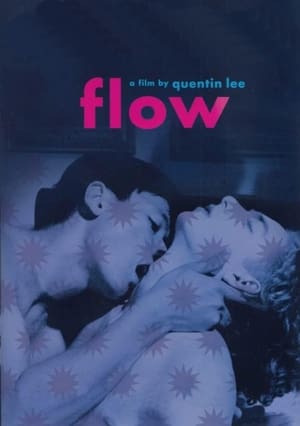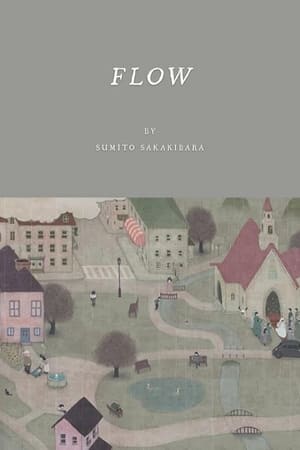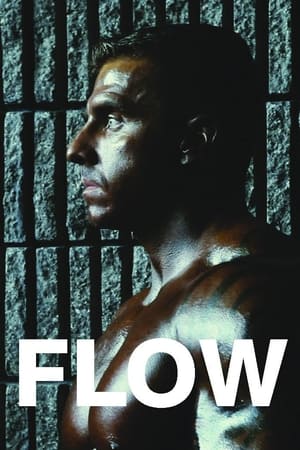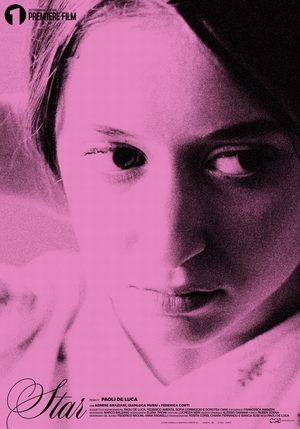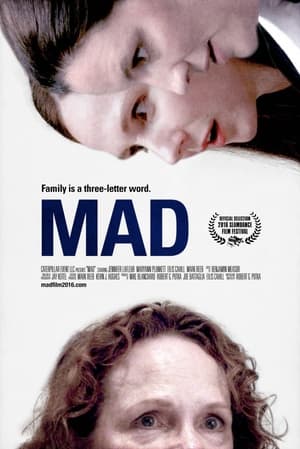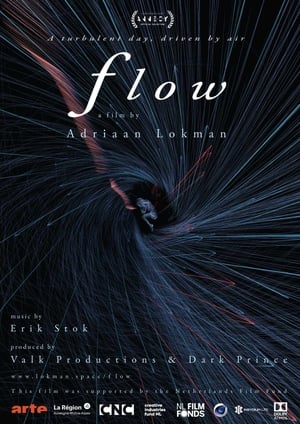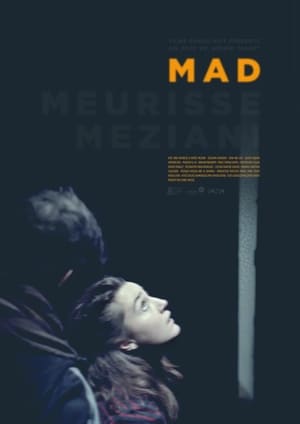
Shalom Italia(2017)
Shalom Italia tells the story of three brothers, who set off on a journey to find a cave in the woods of Tuscany. The place where they, as children, hid to escape the Nazis. But more than a search to find a geographical location, the brothers are on their way to locate the common ground of memory, the nexus where the conflicting versions of their stories can come to rest.
Movie: Shalom Italia
Video Trailer Shalom Italia
Recommendations Movies
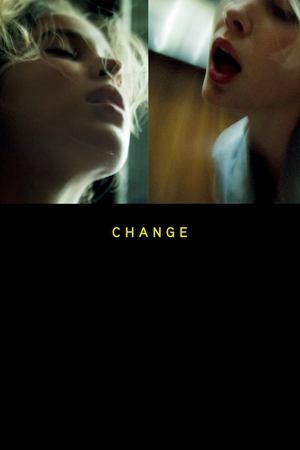 9.4
9.4Change(en)
I was somewhere between the beggining and the end of life. After winter became spring, and summer became fall, and fall winter again. I always knew change would be constant.
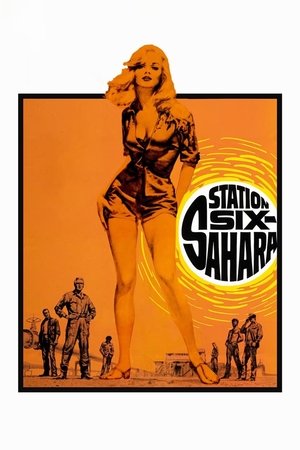 5.9
5.9Station Six-Sahara(en)
A beautiful blonde joins a small group of men running an oil station in the Sahara Desert and starts the emotions soaring.
 5.5
5.5Mobile Suit SD Gundam(ja)
A collection of short parodies of the Mobile Suit Gundam saga. Episode 1 pokes fun at key events that occurred during the One Year War. In episode 2, Amuro, Kamille and Judau fight over who runs the better pension when Char comes in to crash their party. Episode 3 is the SD Olympics, an array of athletic events pitting man with mobile suit.
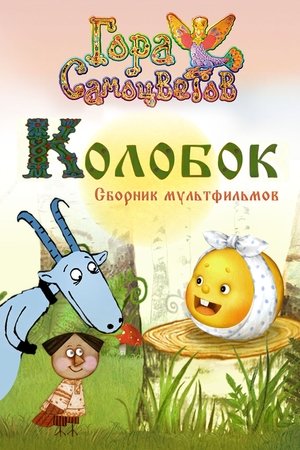 8.3
8.3Kolobok(ru)
A collection of cartoons, each of which is a uniquely decorated folk tale.
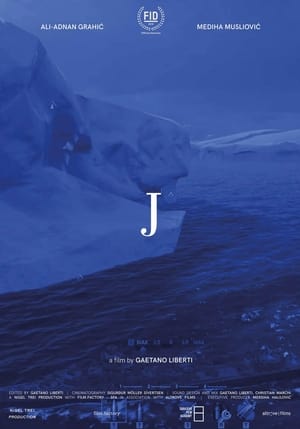 7.3
7.3J the Film(bs)
'J' tells the story of a man who lives an isolated life before encountering a woman that will open up, for a while, his controlled world. In 'J', time is at first an internal condition and, as the story unfolds, the effect of a mysterious mirror, where solitude is a condition of space itself and nearness and love are but a position of an impossible witness. Can space hold all the memories of a life without witnesses?
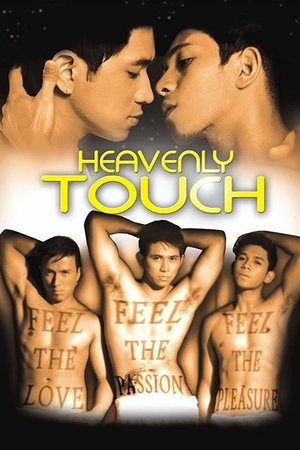 5.8
5.8Heavenly Touch(tl)
Jonard is having trouble making ends meet. His mother is suffering from depression, and he and his sister are forced to quit school in order to take care of her. One day, Jonard meets up his friend Rodel, and Rodel introduces him to the world of massage parlors. Rodel teaches him massage, and brings him to Heavenly Touch, a syndicate-run massage parlor that mostly caters to homosexuals.
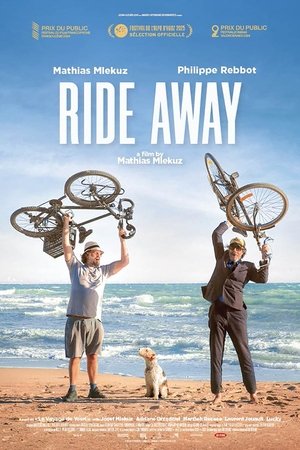 7.2
7.2Ride Away(fr)
From the Atlantic to the Black Sea, Mathias and Philippe, two old friends, embark on a bicycle journey that Mathias’s son made before his tragic death. The two men ride through the ordeals with tenderness, humor and emotion.
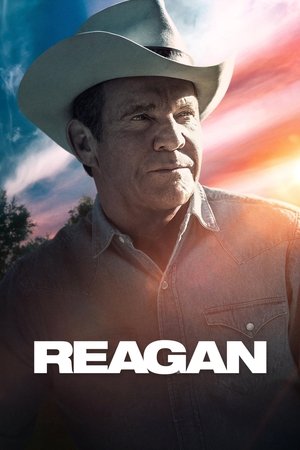 6.2
6.2Reagan(en)
Told through the voice of former KGB agent Viktor Petrovich, whose life becomes inextricably linked with Ronald Reagan's when Reagan first caught the Soviets’ attention as an actor in Hollywood, Reagan overcomes the odds to become the 40th president of the United States.
Defeat of the German Forces Near Moscow: The Restored Soviet WW2 Documentary(ru)
Soviet wartime cameramen accompanied the fighting troops of the Red Army on foot, aboard their tanks, and in their aircraft to film this epochal documentary of the Battle of Moscow that halted the vaunted and---until then, unstoppable---German war machine cold in its tracks.
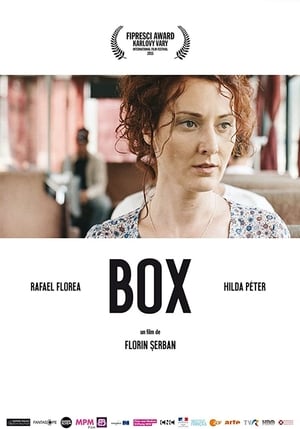 6.4
6.4Box(ro)
Box is a story of two people who meet at a crossroad. Two different destinies, two different lives, face to face in a game of sweat, blood and tears. Rafael (19) is a young boxer who dreams to conquer the world; Cristina (33) is a single mother who lost her balance. Two lives; one running very close to the earth, the other trying to fly high up, too high.
 5.3
5.3The Song of the Tree(ky)
Esen, a young man who has been expelled from his village, escapes with the daughter of one of the most powerful men in the village. Whilst being pursued, he is forced to fight for her hand in a battle that results in the destruction of a sacred totem tree. This puts the whole village in jeopardy, and it is up to Esen to redeem himself and save them all.
Similar Movies
 6.7
6.7Andrey Tarkovsky. A Cinema Prayer(ru)
An account of the life and work of Russian filmmaker Andrey Tarkovsky (1932-86) in his own words: his memories, his vision of art and his reflections on the fate of the artist and the meaning of human existence; through extremely rare audio recordings that allow a complete understanding of his inner life and the mysterious world existing behind his complex cinematic imagery.
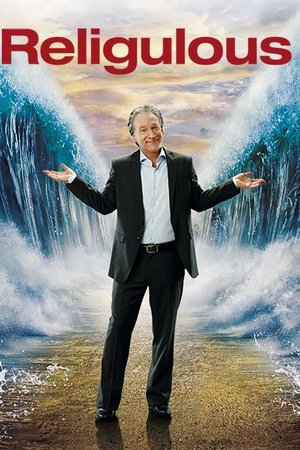 7.0
7.0Religulous(en)
Commentator-comic Bill Maher plays devil's advocate with religion as he talks to believers about their faith. Traveling around the world, Maher examines the tenets of Christianity, Judaism and Islam and raises questions about homosexuality, proof of Christ's existence, Jewish Sabbath laws, violent Muslim extremists.
 6.4
6.4Hitler's Hollywood(de)
Film journalist and critic Rüdiger Suchsland examines German cinema from 1933, when the Nazis came into power, until 1945, when the Third Reich collapsed. (A sequel to From Caligari to Hitler, 2015.)
 6.1
6.1The Case of Bruno Lüdke(de)
The incredible story of Bruno Lüdke (1908-44), the alleged worst mass murderer in German criminal history; or actually, a story of forged files and fake news that takes place during the darkest years of the Third Reich, when the principles of criminal justice, subjected to the yoke of a totalitarian system that is beginning to collapse, mean absolutely nothing.
 6.6
6.6Supergirl(en)
Naomi seems like a typical nine-year-old girl, until her passion for powerlifting transforms her life with world record-breaking championships and national news headlines. Supergirl explores Naomi’s coming-of-age journey as she and her Orthodox Jewish family are changed forever by her inner strength and extraordinary talent.
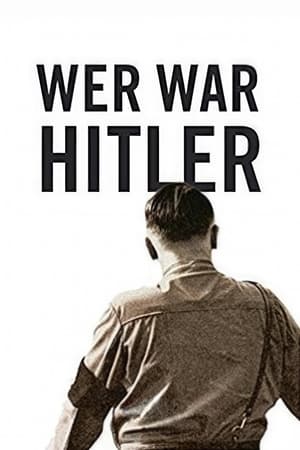 5.7
5.7Who was Hitler(de)
Hitler's biography told like never before. Besides brief historical localizations by a narrator, only contemporaries and Hitler himself speak: no interviews, no reenactment, no illustrative graphics and no technical gadgets. The testimonies from diaries, letters, speeches and autobiographies are assembled with new, often unpublished archive material. Hitler's life and work are thus reflected in a unique way in interaction with the image of the society in the years 1889 to 1945.
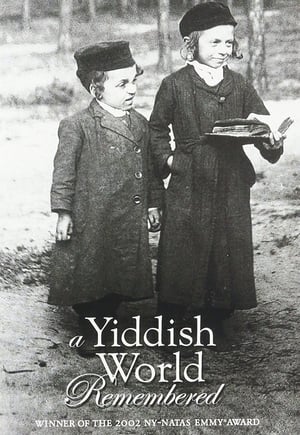 10.0
10.0A Yiddish World Remembered(en)
Elliott Gould narrates this affectionate look at life in the shtetls of Eastern Europe in the 19th and early 20th centuries. "It's unreal that all this could have just disappeared," says Polish native Mariem Adler Stok, one of the seniors whose memories of this "Yiddish world" give this documentary its life. The hour traces Jewish history in Europe and explores Jews' focus on education, their religious customs, clothing, food, music and theater.
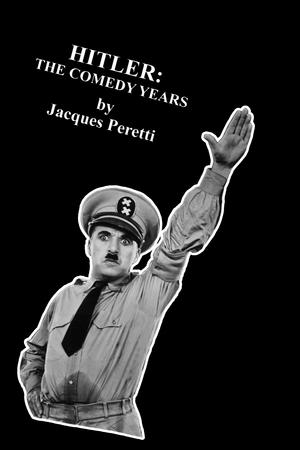 5.0
5.0Hitler: The Comedy Years(en)
A documentary about the portrayal of Adolf Hitler in popular culture.
Der Judenhetzer – Julius Streicher und "Der Stürmer"(de)
Even high Nazi leaders like Joseph Goebbels and Hermann Göring were almost contemptuous of this party comrad, and yet he was one of the most influential figures in the Third Reich: Julius Streicher, publisher of the anti-Semitic weekly "Der Stürmer", responsible for the worst propaganda and infamous for his corrupt and violent regime as Gauleiter of Franconia. By the Allies he was considered a symbol of Nazi hatred of the Jews. In 1946 he was sentenced to death in Nuremberg and executed.
 7.5
7.5Fascism in Colour(en)
After the World War I, Mussolini's perspective on life is severely altered; once a willful socialist reformer, now obsessed with the idea of power, he founds the National Fascist Party in 1921 and assumes political power in 1922, becoming the Duce, dictator of Italy. His success encourages Hitler to take power in Germany in 1933, opening the dark road to World War II. (Originally released as a two-part miniseries. Includes colorized archival footage.)
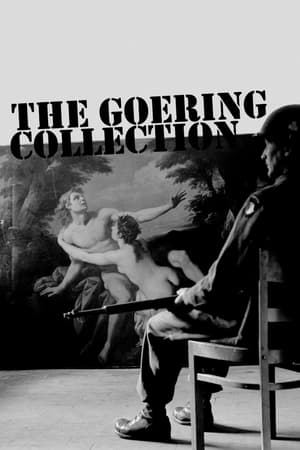 7.3
7.3Goering's Catalogue: A Collection of Art and Blood(fr)
For more than a decade, Reichsmarschall Hermann Goering, Adolf Hitler's right-hand man during the infamous Third Reich, assembled a collection of thousands of works of art that were meticulously catalogued.
 6.5
6.5The Dead Nation(ro)
A documentary-essay which shows Costică Axinte's stunning collection of pictures depicting a Romanian small town in the thirties and forties. The narration, composed mostly from excerpts taken from the diary of a Jewish doctor from the same era, tells the rising of the antisemitism and eventually a harrowing depiction of the Romanian Holocaust.
 4.5
4.5100 Years of the UFA(de)
The intricate history of UFA, a film production company founded in 1917 that has survived the Weimar Republic, the Nazi regime, the Adenauer era and the many and tumultuous events of contemporary Germany, and has always been the epicenter of the German film industry.
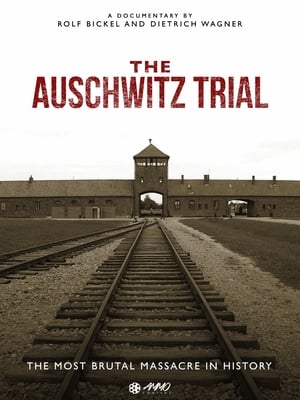 0.0
0.0The Auschwitz Trial(de)
The biggest trial of Nazi war crimes ever: 360 witnesses in 183 days of trial - a stunning and gripping portrayal of the most terrible massacre in history.
 7.5
7.5Into the Arms of Strangers: Stories of the Kindertransport(en)
In the nine months prior to World War II, 10.000 innocent children left behind their families, their homes, their childhood, and took the journey... to Britain to escape the Nazi Holocaust.
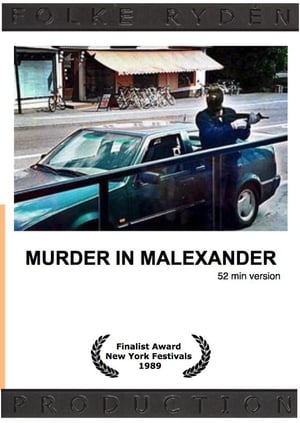 8.0
8.0Murder in Malexander(sv)
Depicts the controversial double police murder, involving neo-nazism and a theatre project by one of Scandinavia's most celebrated playwrights. The film traces a complex and fascinating chain of events leading up to the fatal climax in the picturesque small town of Malexander, Sweden.
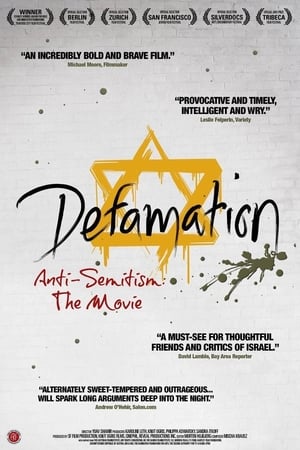 7.0
7.0Defamation(en)
Intent on shaking up the ultimate 'sacred cow' for Jews, Israeli director Yoav Shamir embarks on a provocative - and at times irreverent - quest to answer the question, "What is anti-Semitism today?"
 6.5
6.5Forbidden Films(de)
Between 1933 and 1945 roughly 1200 films were made in Germany, of which 300 were banned by the Allied forces. Today, around 40 films, called "Vorbehaltsfilme", are locked away from the public with an uncertain future. Should they be re-released, destroyed, or continue to be neglected? Verbotene Filme takes a closer look at some of these forbidden films.
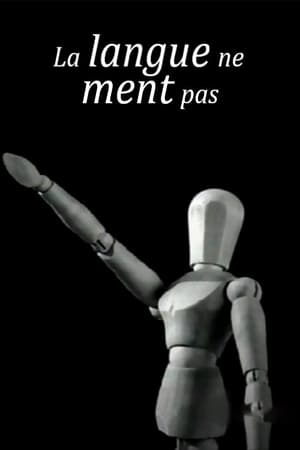 8.0
8.0Language Does Not Lie(fr)
Victor Klemperer (1881-1960), a professor of literature in Dresden, was Jewish; through the efforts of his wife, he survived the war. From 1933 when Hitler came to power to the war's end, he kept a journal paying attention to the Nazis' use of words. This film takes the end of 1945 as its vantage point, with a narrator looking back as if Klemperer reads from his journal. He examines the use of simple words like "folk," "eternal," and "to live." Interspersed are personal photographs, newsreel footage of Reich leaders and of life in Germany then, and a few other narrative devices. Although he's dispassionate, Klemperer's fear and dread resonate
 7.5
7.5Promises(en)
Documentarians Justine Shapiro and B.Z. Goldberg traveled to Israel to interview Palestinian and Israeli kids ages 11 to 13, assembling their views on living in a society afflicted with violence, separatism and religious and political extremism. This 2002 Oscar nominee for Best Feature Documentary culminates in an astonishing day in which two Israeli children meet Palestinian youngsters at a refugee camp.


